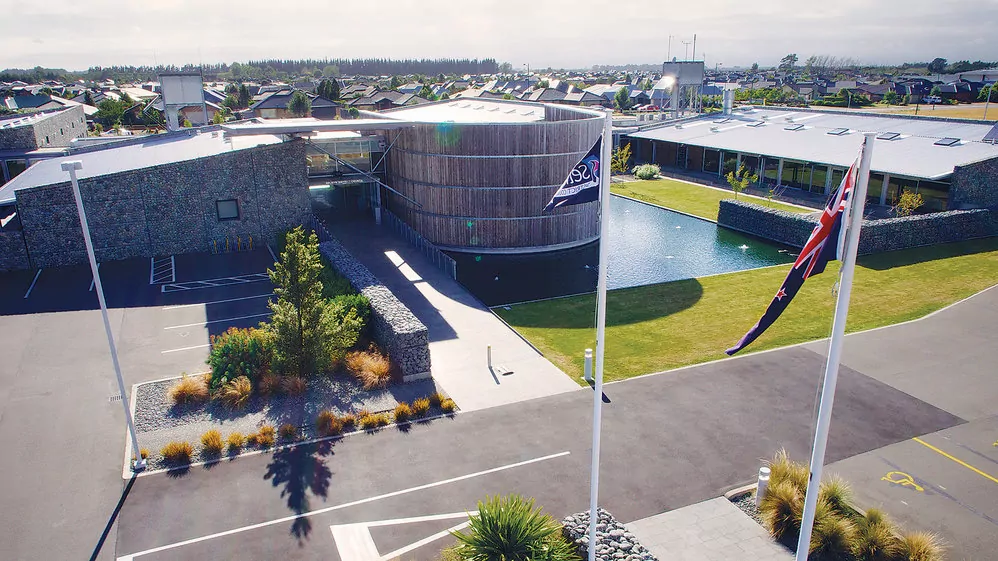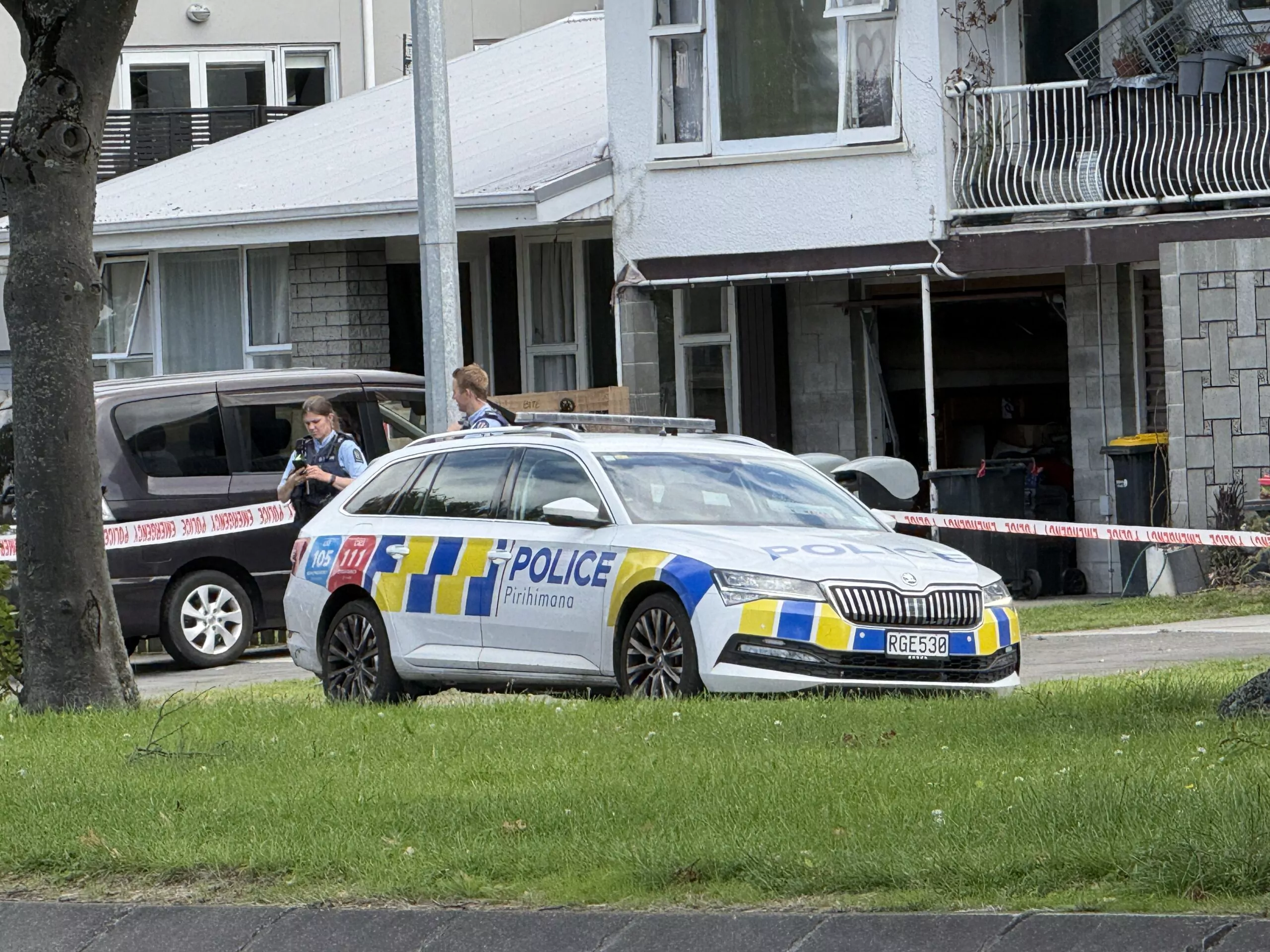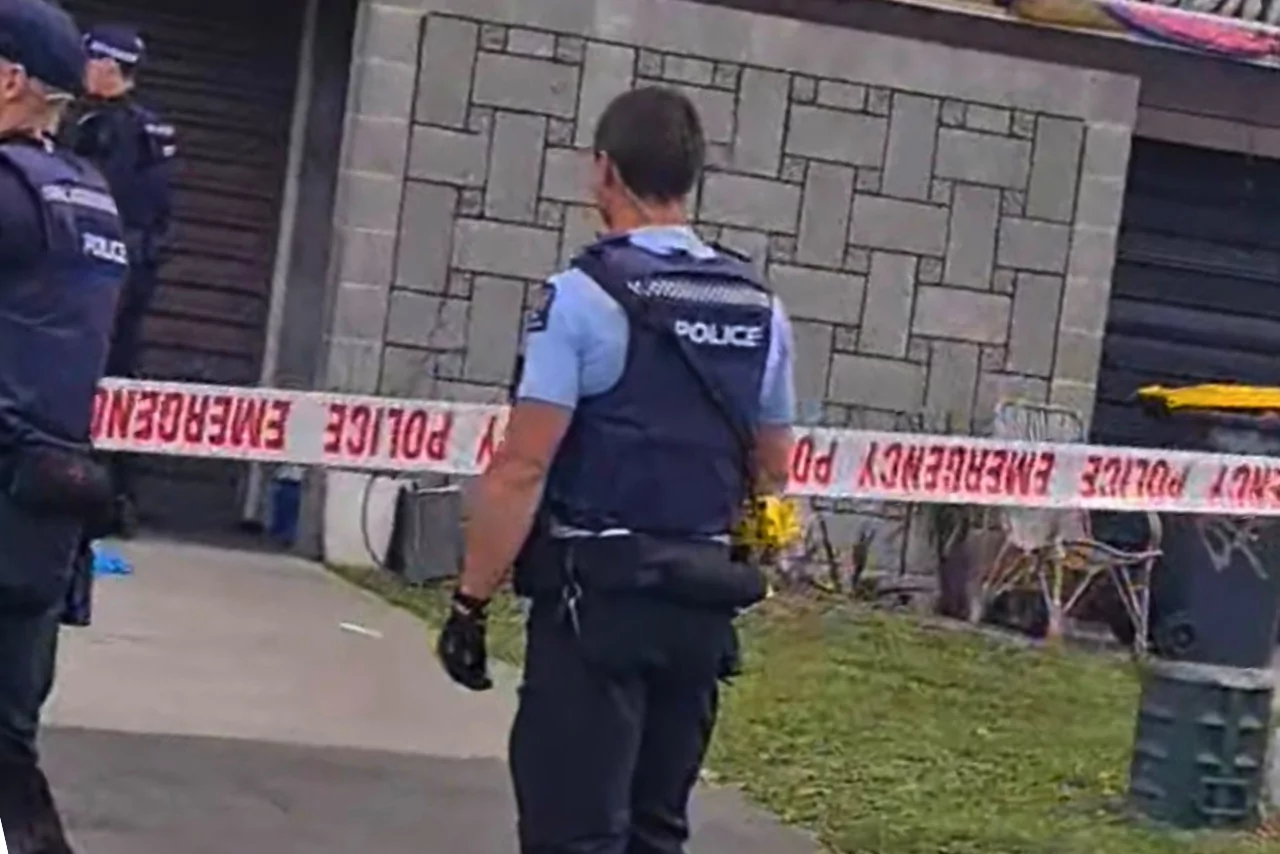Escaped youth tracked by Eagle helicopter, found hiding in New Brighton
The young person who escaped from a youth justice facility in Rolleston has been located...

The Selwyn District Council has admitted that feedback from children as young as seven was included in engagement data presented to elected councillors during the district’s planning consultation.
Documents released under the Local Government Official Information and Meetings Act confirm that children’s submissions were gathered from visits to three local schools and were combined with adult responses in some instances.
While the council said it generated a separate “School Engagement” section to capture key themes from student responses, it also acknowledged that some feedback from children “may be embedded in the wider dataset,” meaning councillors could not always distinguish between comments from children and those from adults.
The revelations were criticised by the Taxpayers’ Union, which said the practice undermined the credibility of the consultation process.
“Pretty childish stuff from Council, and Mayor Broughton is already in the naughty corner for his 14.9 percent rates increase last year, with more to follow,” said Local Government Campaigns Manager Sam Warren.
“Maybe they all need to go back to school themselves.”
Warren said mixing feedback from children with adult submissions on serious matters like infrastructure, housing and long-term district planning was “completely irresponsible.”
“It’s one thing to engage youth in civics education. It’s another to lump a seven-year-old’s wish for a Timezone arcade or a waterpark in with a ratepayer’s view on land use or housing density.”
“Unless the kids wrote in crayon, councillors wouldn’t know which submissions came from adults and which came from primary school students.”
The council visited Prebbleton, Clearview and Leeston primary schools as part of the consultation. A total of 254 student workbooks were collected through school engagement. Children were asked to complete a “Design Your Future Town” workbook, with a teacher’s guide provided to integrate the task into the curriculum. The exercise included a competition, with prizes such as lunch with the Mayor and $150 goody bags.
According to the council, many of the responses from children included views on transport, recycling, parks, and climate change. Feedback from students included calls for “more natural environments, active transport options, entertainment facilities like cinemas and bowling alleys, fast food options, and community spaces like libraries and pools.”
However, Warren said that embedding these submissions within the overall dataset given to councillors raises serious governance concerns.
“Either Council is deliberately screwing the scrum to push through pre-determined policy, or they actually believe a Year 3 student could have a meaningful opinion on wastewater infrastructure.”
“Selwyn Council needs to start taking advice from grownups. Otherwise, the whole district risks feeling like a playground.”
With local body elections looming next year, Warren said the controversy would not be forgotten.
“Ratepayers don’t expect colouring books to influence million dollar decisions. They expect leadership, integrity, and transparency.”
The Selwyn District Council defended the exercise, saying the initiative provided a valuable opportunity to compare young people’s priorities with those of the broader population. The council’s engagement summary report remains publicly available on its website.


